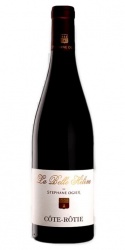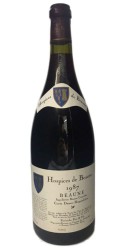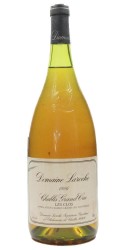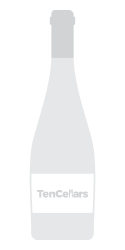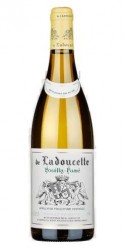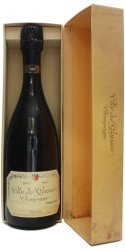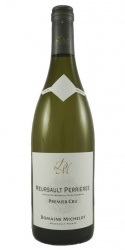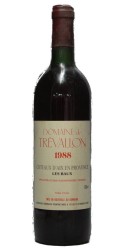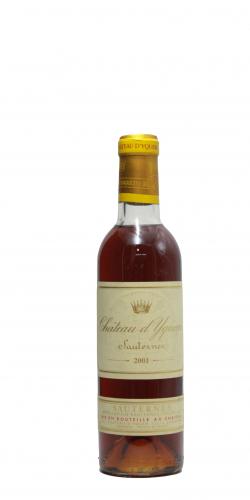
Sauternes 2001 0.375L Château d'Yquem
- Producer Château d'Yquem
- Color Sweet White
- Appellation Sauternes
- Grapes 80% Sémillon, 20% Sauvignon blanc
- Bottle size 0.375L
- Wine region Graves
- Region Bordeaux
- Country France
Tasting Notes
Yquem tells a unique story… It starts with the bouquet. Although not always very outgoing in young vintages, it is marked by fruit (apricot, mandarin, and occasionally tropical fruit) and oak (vanilla and toasty aromas). Older vintages, on the other hand, have an extraordinarily complex fragrance as soon as the bottle is opened, with hints of dried fruit (dried apricot, prune, stewed fruit, and marmalade), spice (cinnamon, saffron, and liquorice), and even flowers (lime blossom, etc.). The first impression of Château d’Yquem on the palate is always very silky, and often sumptuous. It then fills out, “coating the palate”. This fine wine has a strong, but never overbearing character, with great elegance and poise. It always maintains a balance between sugar and acidity (sweetness and freshness). A touch of bitterness can also contribute to the overall harmony. Château d’Yquem’s aftertaste is legendary, and it tells another story, which lasts and lasts…
Vinification
It takes no more than 1 hour for grapes picked at Château d’Yquem to arrive at the cellar. Pressing takes into account the texture and fragility of the fruit. The grapes are pressed 3 or 4 times at Yquem. As opposed to other white wines, the sugar content and quality increase with each pressing. The first pressing in a pneumatic wine press produces 75% of the total juice, with about 19° potential alcohol. The second yields 15% of the total juice, with about 21° potential alcohol, while the third can reach up to 25°. The hard cake of pomace is then broken up, destemmed, and put through a low-capacity vertical press. Wines from the various pressings are blended before barrel fermentation. Unusually in Sauternes, fermentation at Yquem takes place in barrel to maintain maximum control over this most delicate and mysterious part of winemaking. Only new barrels are used each year. These are made with the finest stave oak from forests in the eastern part of central France. Each individual barrel is closely monitored, and the château’s in-house laboratory carries out regular analyses. The most active musts finish fermenting in just two weeks. However, others can take up to six weeks. Fermentation stops naturally in all instances. The alcohol content at Château d’Yquem varies from 12.5° to 14.5° according to the sugar content of the must. The ideal figure is 13.5° with 120 to 150 g/l of g/l of residual sugar.
Ageing
Wine made from grapes picked on the same day is aged separately for 6 to 8 months. A preliminary blend is made from selected batches in the spring following the harvest. After taste tests and laboratory analyses, wines not up to the château’s strict standards are set aside. The barrels that have been retained are then moved to the aging cellar where they will stay for 20 months. Every barrel is topped up twice a week. This consists of adding wine to fill up the airspace created by evaporation at the top of the barrel. Furthermore, every barrel is racked 15 times to remove heavy lees. Light sediment in suspension is removed by a process called fining. The rigorous selection process continues in the cellar. Towards the end of barrel aging, a rigorous selection takes place at blind tastings. This will determine the final blend of Château d’Yquem.
